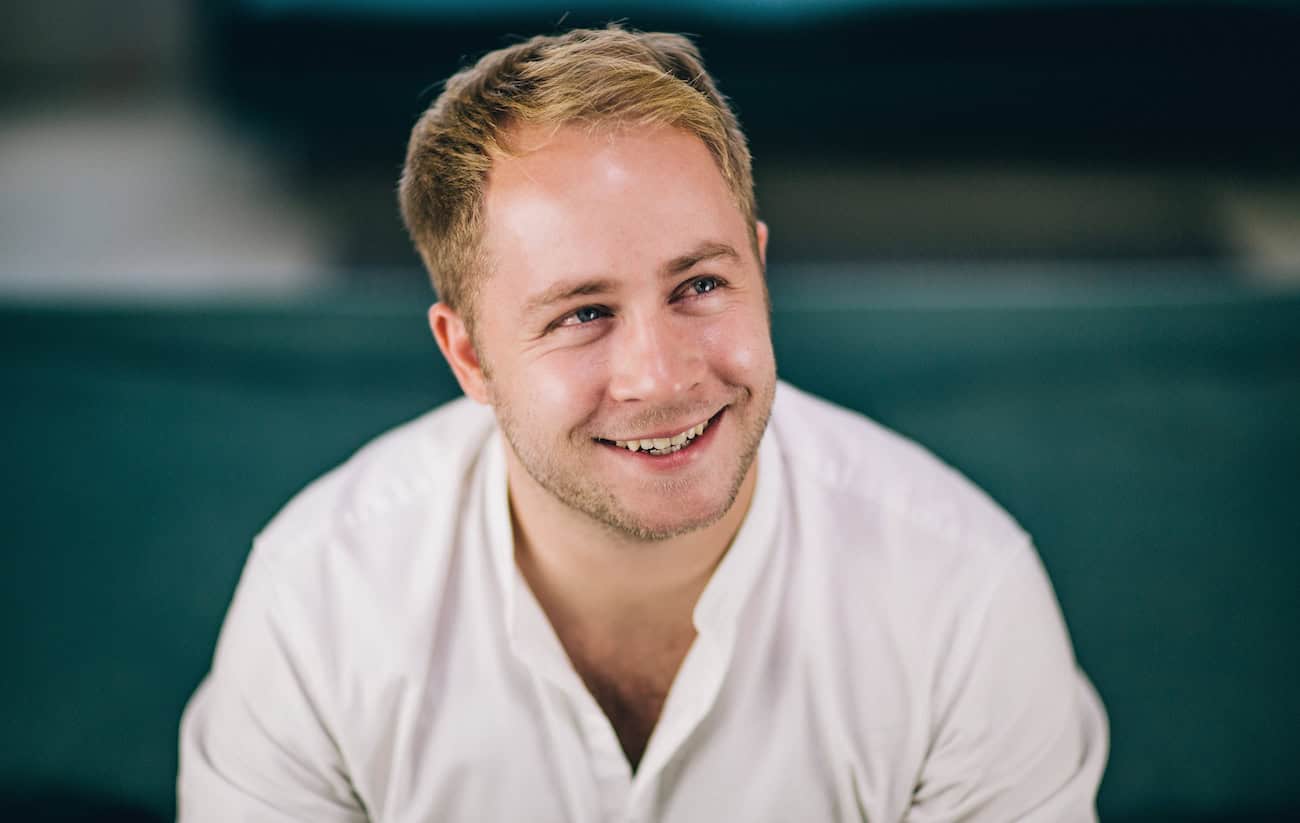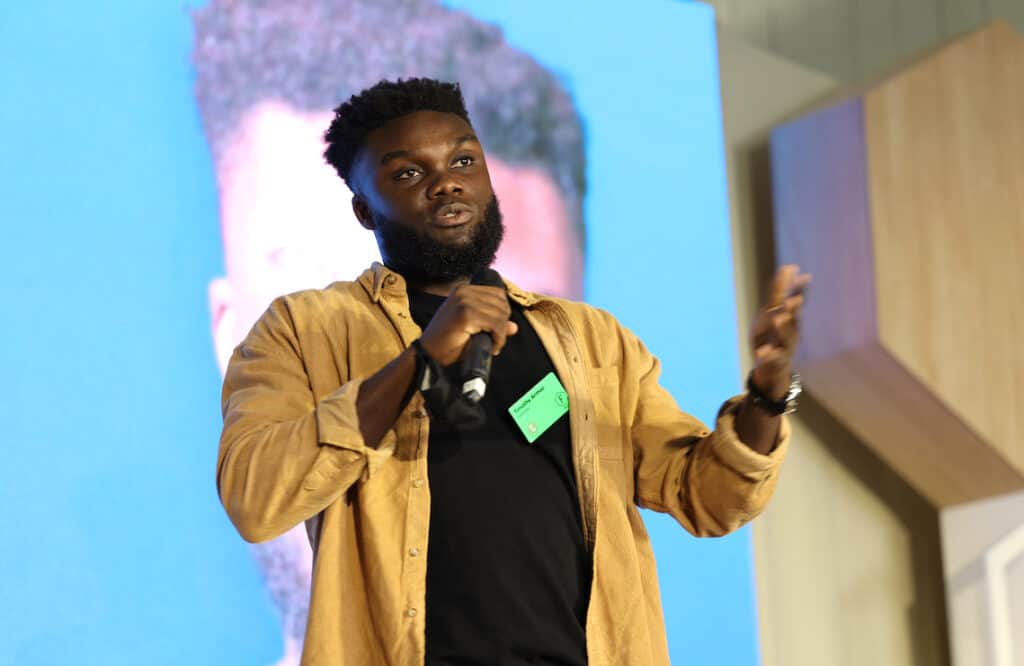Last updated on May 10, 2023
How can you find angel investors for your startup? Top angel investors and founders who’ve done it share their insider advice.
Join forces with the right angel investor and you’ll get the cash, contacts, and business expertise you need to springboard your startup to success. But without access to information and those insider networks, finding angel investors can be difficult.
In our Founders Forum UK Angels 100 report, we reveal the 100 most active angel investors in the UK and provide founders with the tools, guidance, and the knowledge they need to help them understand what investors look for and find funding for their businesses.
Through a series of exclusive interviews, we also spoke to top angels and founders about how to find angel investors for your startup.
In summary, the best ways to find angel investors are:
- Build your personal network and connect with angel investors at events and startup pitches.
- Warm introductions are preferred, but don’t be afraid to cold email or reach out on LinkedIn, especially if you’re from an underrepresented group.
- Join accelerator programs and venture studios to connect with a wider ecosystem of angel investors.
- Think about more than just the money to find the best-fit angel investors for your startup.
- Make things simple for angel investors with a succinct email and well-structured pitch deck.
- Target angel investors from your industry or with experience relevant to your business.
Build Your Personal Network to Find Angel Investors – Rayna Patel, Vinehealth
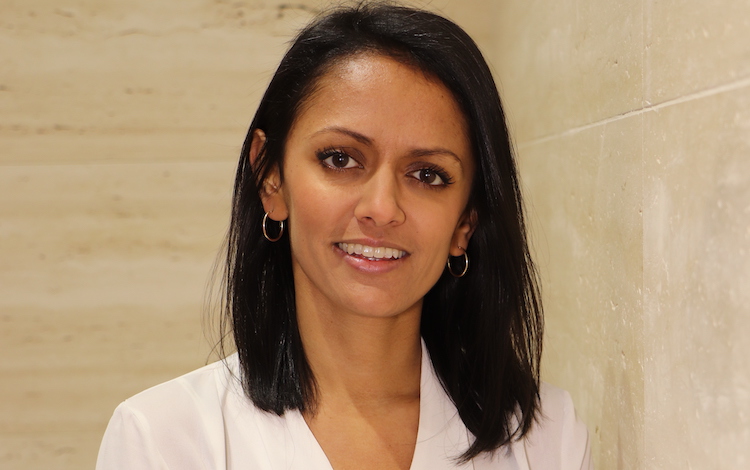
Rayna Patel is the Co-Founder and CEO of Vinehealth, an AI-driven platform designed to improve quality of life for cancer patients and generate real-world data to inform healthcare service delivery and drug development. Vinehealth raised $5.5m in Seed funding in December 2021 and is looking to raise its Series A this year.
Angel Investors: David Giampaolo (Pi Capital), Deepali Nangia (Alma Angels), Faisal Mehmud, Keith Gibbs, Michael Blakey, Pam Garside, Simon Blakey.
“The investment industry is doing a better job at not just relying on warm connections, but there’s still an onus on founders to go out and build relationships. Spread your net wide so you get to know people with the right backgrounds and specialisms that suit your company. Some of our most valuable relationships are those we had before we even built the company.
We were lucky enough to go through Entrepreneur First, which has fantastic investor connections. I also had mentors, like Pam Garside, who supported me as I switched from doctor to founder, who happened to be angels. Then the funds that came in brought investors with them. Playfair, which invested in our first round, knew Simon Blakey and his brother.”
Don’t Be Afraid to Cold Email – Simon Blakey
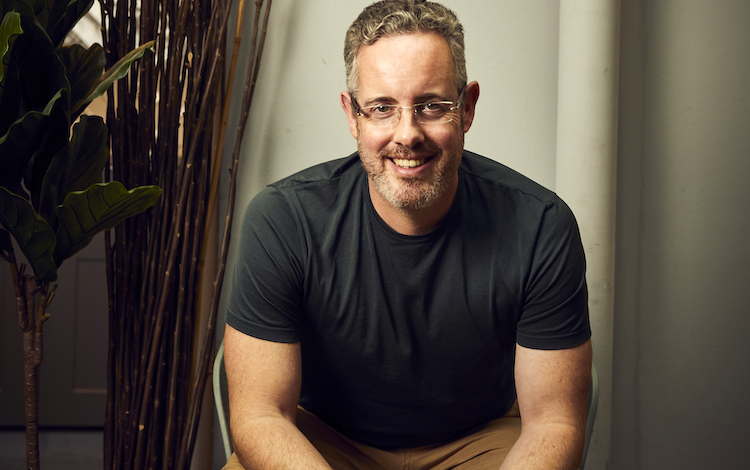
Simon Blakey is an active angel investor, focusing mostly on early-stage B2B SaaS and deep tech startups, with ticket sizes of £50k-£100k. He’s achieved multiple exits, including Buzzmove (acquired by White Mountain Insurance Group); Bybox (seed to £130m+ exit); Commerce Decisions (acquired by QinetiQ); OC Robotics (GE Aviation); and Omega Logic (Eposs Ltd).
Investments include: Aerocloud Systems, Chattermill, Continuum, Epoch Biodesign, Kaui, Permutive, Reposit, Shop Circle, Ventrata, Vinehealth, Worldr, Xampla.
“The last two deals I’ve done have been the result of cold inbound messages on LinkedIn. However, both those deals had exceptionally good pitch decks and ticked lots of boxes. I say ‘no’ more than ‘yes’ to cold inbound, but if you’ve got a good enough pitch deck, I’ll take the call.
I always ask myself: Is it a need-to-have or a nice-to-have? Is it a feature or a platform? Is the market they’re going for big enough? Are there already lots of well-funded businesses in their space?
Those getting money from the stock market or crypto are feeling less flushed than before, but this is actually the best time to be looking for opportunities because a lot of the frothy money has gone out of the market. When I look back at 2000 and 2009, I’ve done incredibly well out of those downturns.”
Accelerator Programs Are Hugely Helpful – Barnaby Hussey-Yeo, Cleo
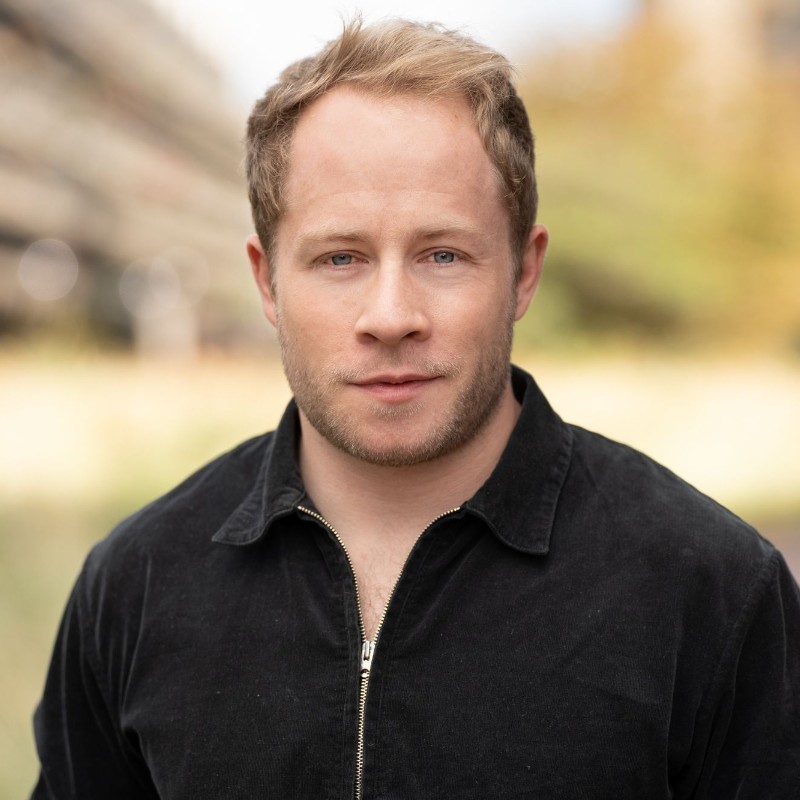
Barnaby Hussey-Yeo built money management app, Cleo, out of Entrepreneur First. Today, Cleo is one of the world’s fastest-growing companies with 100% year-on-year growth and $50m ARR, helping 1m+ people manage their money each week. He’s also started investing himself, with ticket sizes of £10k-£30k, focused on AI, health tech, and fintech.
Angel Investors: Alex Chesterman (Cazoo / LoveFilm / Zoopla), Errol Damelin (Wonga), Ian Hogarth (Songkick), Jason Goodman (Albion), Niklas Zennström (Atomico), Robin Klein (LocalGlobe), Simon Franks (LoveFilm), Taavet Hinrikus (Wise).
“Ask yourself: Has an angel built a company and been successful? Is it related to your domain? I built a couple of strong relationships with previously successful founders like Errol Damelin and Taavet Hinrikus. Founders know founders; if you make relationships with some of the heavy hitters, that can bring others on board. Accelerator programs, and Entrepreneur First specifically, was very helpful in that respect. You do a demo day and you get a flood of inbounds from those meetings.
Choose investors who can offer value, help with product strategy, and introduce you to the next VC. Taavet built a $10b fintech startup five years before me; he was exactly the angel I wanted on board. Ian Hogath has a Sequoia-backed B2C company; he’s a great example of a consumer-focused founder backed by the best on the planet.”
It’s Not Just About the Money – Harry Franks, Zego
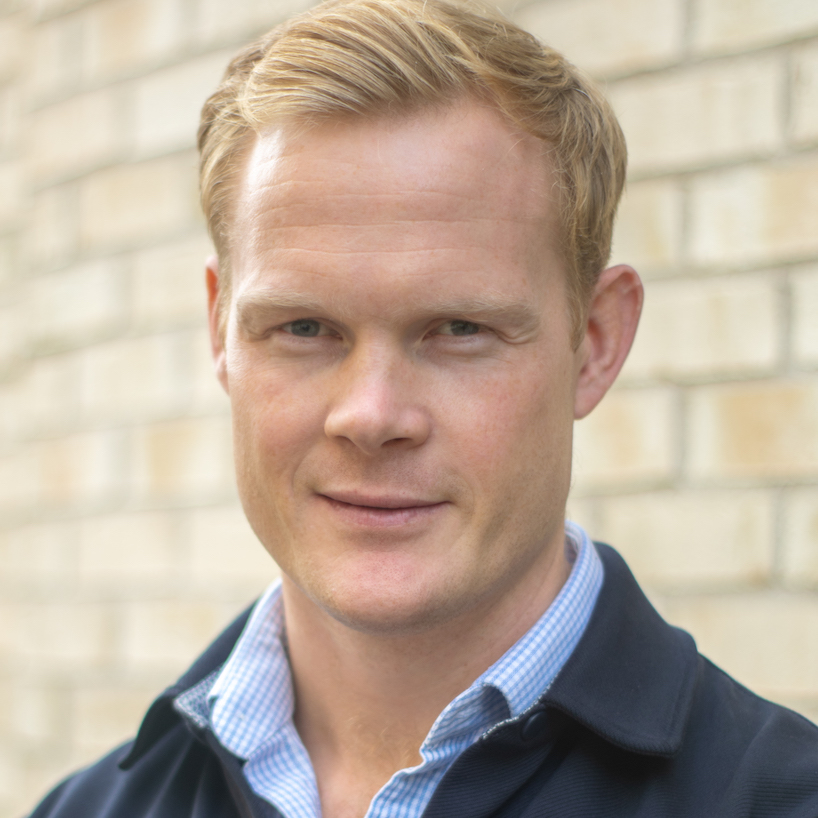
Harry Franks co-founded Zego, the UK’s first insurtech unicorn, after almost a decade working for high-growth startups like Deliveroo and onefinestay. Since its launch in 2016, the alternative commercial motor insurance provider has raised over $280m, grown to 600+ employees, expanded to nine countries, and sold more than 40 million insurance policies.
Angel Investors: Andy Phillipps (Booking.com), Taavet Hinrikus (Wise), Tom Stafford (DST Global).
“I knew Andy through personal connections, we had others who came in via my co-founder, Sten Saar, and then some friends and family. We also met others who weren’t right for us. One was an ex-banker with a lot of money, but looked at us as a transaction; another tried to push us on price straight away.
We didn’t want to accept just cash; we wanted people who believed in our product and would put their trust in us. Our early funding journey was £150k, then a month later £1m+ from a Seed fund. Those early investors went on to invest at every single round, from a first valuation of $4m until the last time we raised at $1.1b.”
Make Things Simple For Angel Investors – Serge Chiaramonte

Serge Chiaramonte is an active angel investor who previously worked as an investment banker at Credit Suisse, Lehman Brothers, and Deutsche Bank. His typical ticket size for initial investment is £25k-£50k.
Investments include: Capdesk, Carmoola, Credit Kudos, Contingent, Dishpatch, FabricNano, Gaia Family, Grip, Julienne Bruno, Klasha, Medusa, Monolith AI, Oxwash, Plum Fintech, Silverbird, Student Finance, The Dots, WiseAlpha.
“Figure out who are the best people in your network who know me, who can make an introduction. Each time you make an angel investment, you have a cap table where you can see all your fellow investors – I discover new angels and VCs I’ve never heard of all the time.
Next, send me a PDF with your deck and put in a Calendly link so I can set up a meeting automatically. During our call, have everything ready – like your financial data and your competitor analysis – so if I want to dig deeper, you’re prepared with all the details.
I look at backgrounds, successes, failures, and founder-market fit. Why are you the best fit to solve this problem? There are many different types of founders; it’s about finding somebody who loves what they’re doing and has the ability and aura to attract great talent.”
Find the Best-Fit Angel Investors for Your Startup – Matt Robinson, Nested
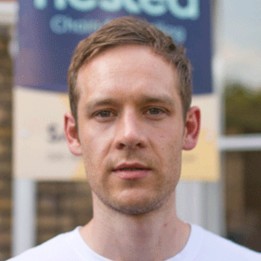
Matt Robinson is the UK’s most active angel investor! He’s the Co-Founder & CEO of neo-estate agent, Nested, and the Co-Founder of payments company, GoCardless. Matt invests in pre-Seed to Series A startups (B2C) and Series C (B2B).
Investments include: Acin, Cleo, Codat, Farewill, Griffin, Hopin, Hubble, Infogrid, Net Purpose, Otta, Permutive, Wayve, Vauban, Yapily, Yonder, Zoe.
“I get sent around 10-20 deals each week; a third come from VCs, a third from other angels, a third from my founder network, and a small percentage cold email me. I mostly don’t look at LinkedIn, but I do when I get messages from founders from underrepresented groups, who might find it harder to get a warm intro.
Think of angels as apps on your phone. There’s a tonne out there, but there’s only a handful you use every day, and only two or three that will last and be really helpful. Assuming they’re investing directly, aim for less than 10 angels. 3-8 angels, plus a VC, is a good number.
There’s a group of sophisticated angels you can go to, but you need to pick those most relevant to you and your business because they’re going to add the most value.”
Download our UK Angels 100 report for a comprehensive guide to raising angel investment and our list of the 100 most active UK angel investors.
 All Posts
All Posts